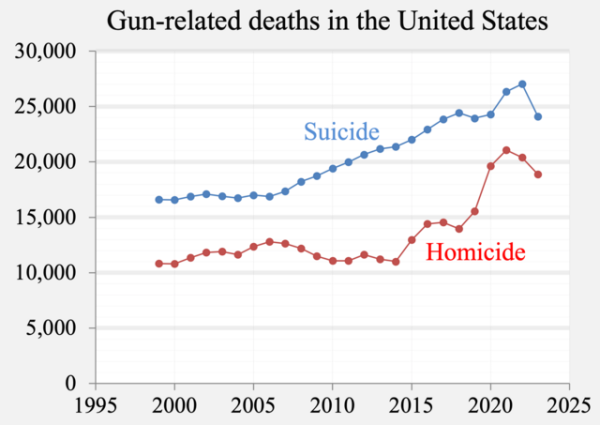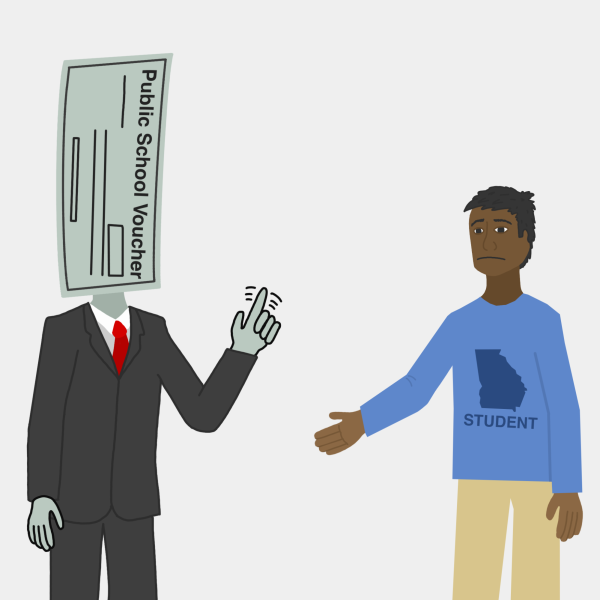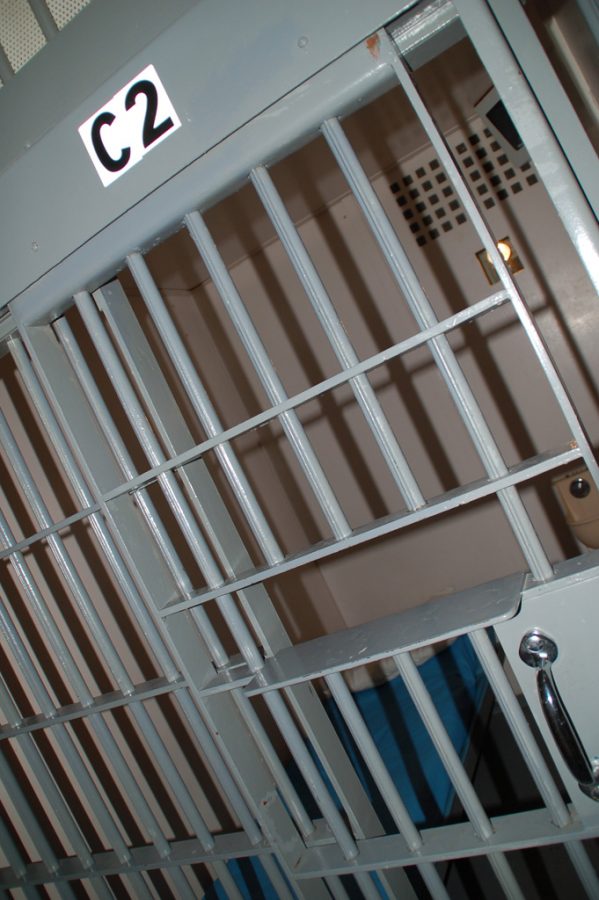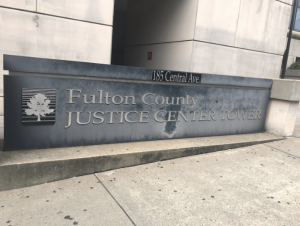Georgia criminal justice system needs rehabilitation
Many inmates find themselves locked up and locked out of life.
Georgia is the most punitive state. According to a recent Pew Research Center study, 1 in 55 U.S. adults was on parole in 2016. In Georgia, the rate was 1 in 18 adults. The next highest state was 1 in 33. Additionally, probation revocations accounted for 55 percent of Georgia prison admissions. Georgia does not have worse people than other states. The numbers account for the laws in place and the effects of the system being privatized.
The United States criminal justice system, which already has a notorious track record, remains corrupt today. Two-thirds of the world’s prisoners are incarcerated within our borders. With Georgia being the worst state in arguably the world’s worst criminal justice system among developed countries, Georgia’s system should be one of the largest priorities.
Georgian reform should follow neighboring South Carolina, starting with a copy of the Omnibus Crime Reduction and Sentencing Reform Act of 2010 (SB1154). According to the American Civil Liberties Union (ACLU), South Carolina’s reforms dramatically cut crime, recidivism, the prison population, and imprisonment rates while saving taxpayers approximately $500 million.
Georgia’s legislators need to create alternatives to incarceration. These include restorative justice programs (which decrease recidivism), law enforcement and prosecutor led programs, and support services, according to the ACLU.
The race issue is not unknown. There are racial disparities in all states across the country even though crime is not racial. According to the ACLU, we need to reduce wealth-based incarceration, exposure to re-incarceration due to supervision revocations, and pretrial detention in minority communities. We should also shift tax dollars away from law enforcement and toward social service providers such as community organizations, schools and drug and mental health treatment.
We need to end the privatization of the system. Making money off of breaking laws encourages people to adopt harsher laws that people will break frequently. The privatized system has created terrible laws, including harsh mandatory minimums. According to the ACLU, we need to reform the entire system: parole and release practices; sentencing enhancements; sentencing ranges; probation practices, etc.
Over the course of Nathan Deal’s governorship, Georgia passed a lot of reforms, but most lacked the teeth to address the problems Georgia is facing. While the first year of reforms were substantial, the rest were mainly superficial.
It is disappointing that Republican Brian Kemp was recently elected governor because there will likely be an end to the progress in the criminal justice system, even though reform should appeal to Republicans both ethically and fiscally. His website, in regards to the system, only mentions diminishing the threat of gang violence. His “Stop and Dismantle” plan only looks to reactive protocol.
Most of Kemp’s plan involves prosecution when it should instead be proactive. He should spearhead projects to understand more about why there are gangs, who joins them, and how to help the underlying factors of the situation. The website even states, “Georgia has the strongest anti-gang legislation in the nation.” If this legislation isn’t working, we shouldn’t keep trying reactive methods. Georgia has the worst rates in the country, but Kemp wants to worsen them.
This year, I interviewed former and current prisoners from Phillips State Prison in Buford for an article on the nonprofit Common Good Atlanta. It was powerful to hear the inspiring stories of men directly affected by prison education reform. Upon interviewing them, my preconceptions were bashed. As a kid, I had always pictured prisons to be filled with terrible people, but the men were warm, with great social skills and an excellent vocabulary that exceeded mine.
We need to use tax dollars to create an organized education system for all Georgia prisoners. Education is proven to decrease recidivism, so this program would help society because the state would be safer; tax dollars would be spent to help fix other issues now that there is a smaller prison system; newly educated ex-prisoners would benefit themselves as well as society by joining the workforce.












